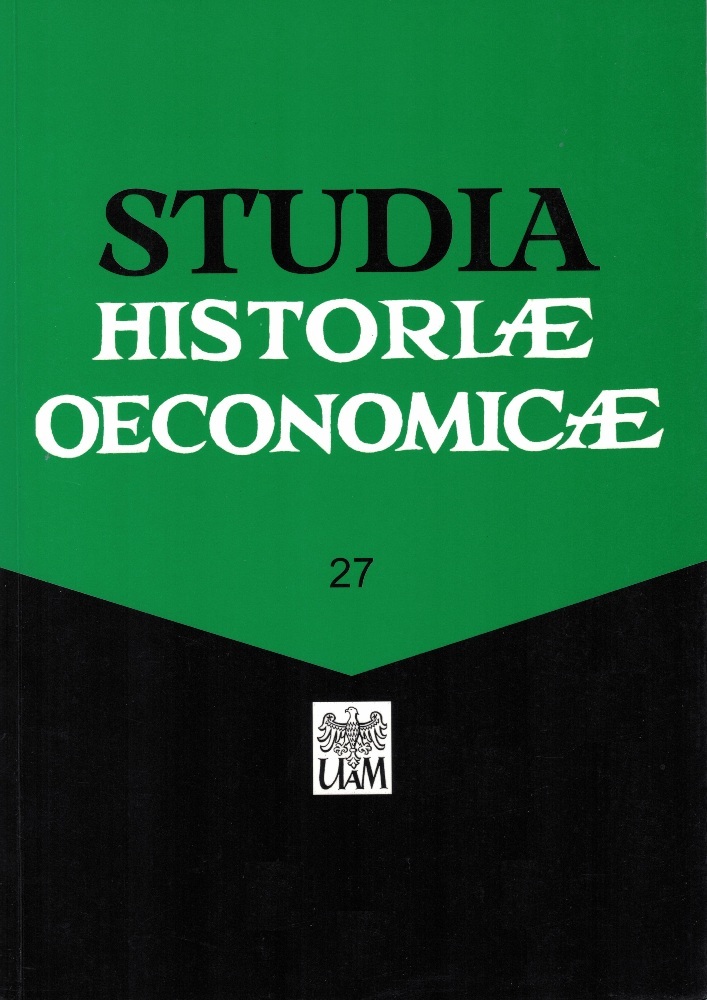Abstract
Before writing this lecture, I had not visited archives or libraries again, but had gone to the Poznan Castle to be guided by the genius loci. I visited once again the rooms that had been converted into Hitler's residence between 1940 and 1944, and looked out of the windows and from the "Führer's Balcony" at the building of today's Adam Mickiewicz University: the building that was built at the beginning of the 20th century as the Royal Academy, housed the Polish University in the interwar period, and finally, during the German occupation, served as the main building of the newly founded Reich University, in accordance with Hitler's wishes. Was this university not only the most important Nazi university in the Wartheland, but also the most easterly Reich university, which was to play a special role here and from here as a "fighting university"? Did this Reich university not acquire a very special significance in conjunction with Hitler's Poznan residence? These are not just the thought experiments of a local chronicler, but rather questions of historical research - with particular consideration of the hermeneutic method varied by the Freiburg historian Heinrich Schwendemann using the example of Poznan Castle: one only sees what one knows.
License
© by Institute of History, Adam Mickiewicz University, Poznań, 2009
OPEN ACCESS





